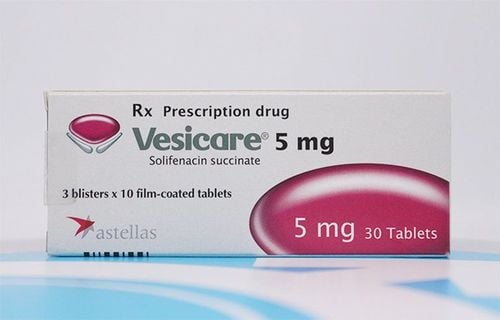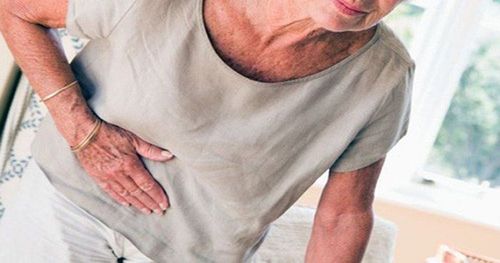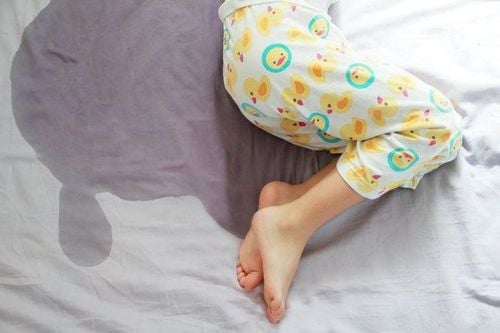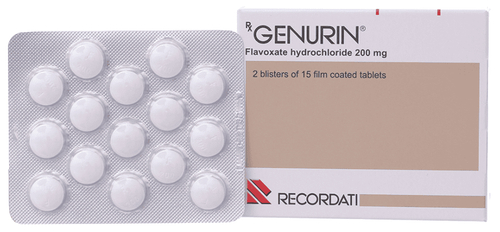This is an automatically translated article.
This article is expertly consulted by Master, Doctor Ngo Thi Oanh - Pediatrician - Pediatrics - Neonatology - Vinmec Ha Long International General Hospital.Bedwetting in children is a condition in which a child cannot control the urge to urinate while sleeping. It is normal for children under 5 years of age to have bedwetting, but children who have entered puberty and still have bedwetting need early intervention.
1. What are the types of bedwetting in children?
Currently, there is no consensus on diagnostic criteria for bedwetting in children.Bedwetting in children is divided into 2 types:
Primary bedwetting: Children can control urination during the day but cannot control urination at night for at least 6 months. This is a common type of bedwetting. Secondary bedwetting: for at least 6 months, the child does not have bedwetting, but then starts bedwetting again. In secondary bedwetting it is important to find out the change that causes the child to become this way.
2. Causes of bedwetting in children
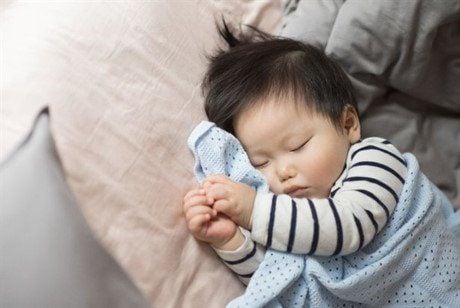
Có nhiều nguyên nhân gây nên tình trạng đái dầm tiên phát ở trẻ
Children are slow to develop the skills necessary for bedwetting to occur. When the bladder is full and cannot hold urine until morning, this signal is sent to the brain for the baby to get up and go to the toilet. However, because the baby has not yet learned this skill, the bladder is not controlled, leading to bedwetting. Due to the baby's deep sleep: when the baby sleeps too deeply, the child's brain will miss the signal when the bladder is full. The child is busy playing in the bath, forgetting to go to the toilet, so the child often urinates at night When the baby's body If you don't produce enough anti-diuretic hormone (ADH), more urine will be produced. Bedwetting will occur when the baby has not learned to control the bladder Due to birth defects of the bladder Due to genetic factors: the risk of bedwetting will be 77% if both parents have bedwetting , 44% if one parent has bedwetting. If parents do not have bedwetting, the rate drops to 14%. Do not scold children when they wet the bed, because that will make the situation worse.
Not only children have bedwetting, but teenagers still have cases of bedwetting. The causes of secondary bedwetting are:
Due to small bladder: the capacity to retain water due to small bladder will be lower than in people with normal bladder. Besides, the cause of your loss of bladder control is bladder spasms. Children entering puberty have many hormonal changes that affect the hormone ADH, causing more urine to be produced at night. When children have health problems such as diabetes, urinary tract infections....will make them urinate a lot both during the day and at night. Anxiety and stress will cause bedwetting in children. If this condition persists, bedwetting in children will be more severe. Do not give your baby coffee before going to bed because caffeine will make the child urinate more. The child's nervous system has an abnormal problem, so it causes bedwetting in the child.
3. How to treat bedwetting in children?
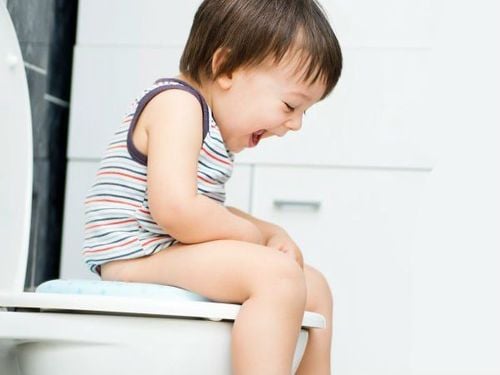
Nên cho trẻ đi tiểu trước khi ngủ
Encourage and encourage children when they do not wet the bed. Do not scold children, avoid putting pressure on children. Children should pee before going to bed. For children who urinate a lot, the potty should be placed near the bed, convenient for children to go to the toilet or can wake the child to urinate before the child's bed-wetting time. In some cases of young children (3-5 years) bedwetting can occur during the day. When the above methods do not work, you will be prescribed medication by your doctor.
Use anticholinergic bladder spasmolytics Use antidepressants, usually Imipramine Use desmopressin nasal spray Currently, a new method to treat bed-wetting is using a machine. The computer transmits electrical activity signals to the middle of the occipital region and the patient controls his own brain waves through software such as video games. After 5-7 treatments, about 20 minutes / time, bedwetting disappeared and the effect of this method lasted for more than a year.
Bedwetting is a common disease in children while sleeping. This long-term situation makes many parents worried. Therefore, parents should fully understand about bed-wetting in children in order to have a reasonable way of taking care of their children, to avoid causing stress and pressure on the child, making the disease worse, and at the same time, it is necessary to take the child to the hospital. medical facilities for timely examination, diagnosis and treatment from specialists.
Master. Doctor Ngo Thi Oanh has over 10 years working in the field of Pediatrics. Competently perform examination, diagnosis and treatment of respiratory, digestive, urological and nutritional diseases in children. During his work, Dr. Oanh regularly updates new knowledge on diagnosis and treatment through specialized conferences and continuous training classes.
Please dial HOTLINE for more information or register for an appointment HERE. Download MyVinmec app to make appointments faster and to manage your bookings easily.






